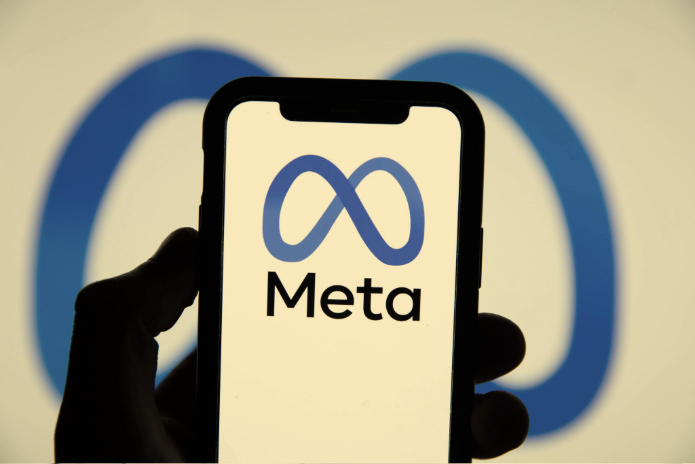Mark Zuckerberg, CEO of Meta, announced the discontinuation of fact-checking in the United States. The executive also communicated that the program will be replaced by the ‘community notes’ system, the same one used by X (formerly Twitter).
For Marcelo Crespo, professor and coordinator of the Law program at ESPM, this replacement has far-reaching political and legal implications, including in Brazil. ‘In the previous system, fact-checking was conducted by independent third parties and had a technical and unbiased focus. By relying on a ‘community notes’ system to evaluate content, this could open a wide path for manipulation organized by groups with biased viewpoints. In a highly divided society, like Brazil, the subjectivity of participants will result in opinions much more favorable to divisive and misleading content and far less to constructive discussion.’
The professor emphasizes that, although the new approach may seem innovative, it doesn’t eliminate the methods that can be technically applied to counter misinformation effectively. ‘In Brazil, this change tends to reinforce the debate about the responsibility of the companies involved, making Meta even more dependent on responsible moderation. Additionally, the system will need to be launched transparently and in compliance with national regulations. This change could have a significantly negative impact, both politically and legally.’
Bruno Peres, professor of digital marketing at ESPM, points out that the decision proposes a different approach to content moderation with the idea of promoting greater freedom of expression, but without proof of being an effective system. ‘There are no tests, studies, or detailed explanations that confirm its efficacy, so this raises a series of concerns about the effectiveness of this new format to combat misinformation.’ Peres also highlights that the move may have political connections and that the lack of clarity in the change raises concerns for the new format.
Meta’s decision could impact user trust, according to Rafael Terra, professor of digital marketing at ESPM. The professor emphasizes that the change could intensify polarization on social networks, making it even more crucial for companies and individuals to act ethically to maintain public trust. ‘Although the change promotes greater participation, it may generate concerns about credibility and misinformation control. It’s a model that requires digital maturity from users to avoid manipulation and biases.’ The professor stresses the need to educate the community so that this system functions properly. Furthermore, it’s important to stay vigilant, as the removal of professional fact-checkers could lead to the amplification of fake news and harmful information. ‘This is especially dangerous in political or sensitive contexts.’
Meta’s fact-checking changes raise concerns about the new format
MATÉRIAS RELACIONADAS


